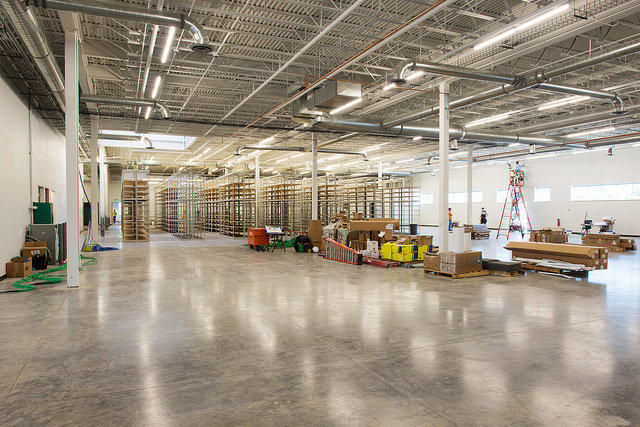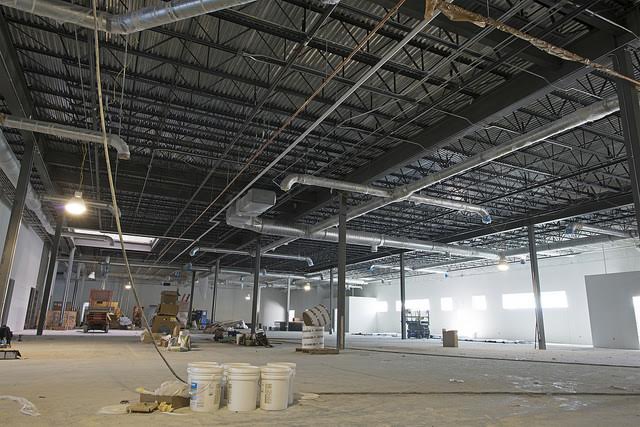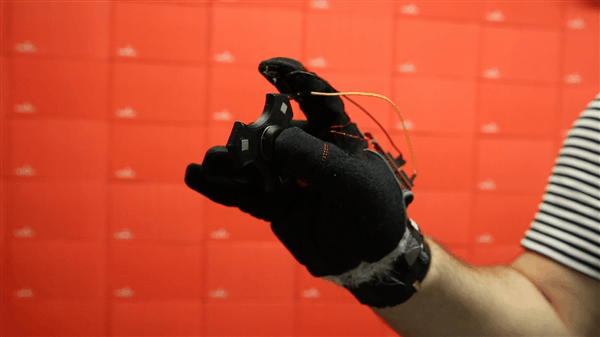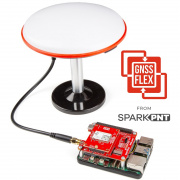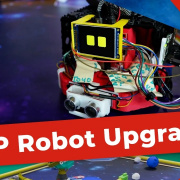Colorado Doesn’t Need to Replicate Silicon Valley to Have a Prosperous Startup Industry
Wherein I felt the urge to respond to a recent WIRED article that hits close to home.
Last week, WIRED published an article examining the startup industry in places other than the coasts by asking the question, “Can the American Heartland Remake Itself in the Image of Silicon Valley?” As a founder of a tech company (although not in the vein of the rapidly scalable and wildly popular SaaS ventures) in the American heartland, I took a look. I appreciated the points the author made about the limited access to venture capital and the constraints on available talent outside major metropolitan centers like San Jose, Los Angeles and New York. However, it also gave me an opportunity to reflect on the story of SparkFun’s founding and consider whether Colorado’s economy and culture provided its own advantages to our growth. A copy of my letter to the editor is below. I’d love to hear any thoughts on your experience with startup communities and the advantages or disadvantages to whichever region you found yourself in.
This morning when I read Vauhini Vara’s piece, “Can the American Heartland Remake Itself in the Image of Silicon Valley?” I couldn’t help reflecting on the stories of all the tech companies on the Front Range that succeed without venture capital.
I am one of those Colorado startup founders. I started an open source hardware company, SparkFun Electronics, in 2003 as a CU student. In the almost 15 years we’ve been in business, we’ve never taken any venture capital or outside investment. Ms. Vara discussed at length the plight of many local startup founders whose access to VC and talent are so limited here that it’s unlikely the Heartland will ever truly cultivate the success our Bay Area friends have been experiencing for several decades now.
I was able to start SparkFun without investors precisely because I wasn’t in Silicon Valley. In those beginning stages, I never would have been able to pay for warehouse space in the Bay Area while waiting for investors to commit, let alone prioritize a socially responsible and sustainable enterprise, or put my employees first from day one to build a culture based on open source values of collaboration, transparency and the pursuit of innovation. We currently manufacture nearly 500 products at our Boulder, CO, headquarters; with the cost of space and labor in California, we would never have been able to support the workforce we have today and produce so many goods in the United States.
Ross’ story in Ms. Vara’s article conflates the challenges of starting any business with the challenges of attracting investors. As an engineer, I started a company that I knew how to build and implement on my own – I didn’t need to rely on anyone else to establish that MVP threshold. I had my hands on every aspect of SparkFun when I started it: setting up the site, designing the product, taking the photos, dropping the boxes off at FedEx (because they wouldn't pick up from a student apartment), answering the phone when it rang, etc. It took incredible time and energy to manage all aspects of the business for many years (yes, on top of school, and a job to pay for school, and having meaningful relationships). But the upside was that I could push as hard on the throttle as I was able, and I was in an environment where I could take bigger risks because the financial stakes were lower.
And now, with my business operating at scale and delivering electronics worldwide every day, we attract talent from all over the country who relocate to the Front Range in pursuit of a lifestyle that the coasts can’t offer. As a 100 percent employee-owned company, our employees are our most important stakeholders, as they are also our shareholders. Because we don’t have outside investors, we are able to prioritize a profitable values-driven business. Silicon Valley can keep their games; we’re playing a different one.
